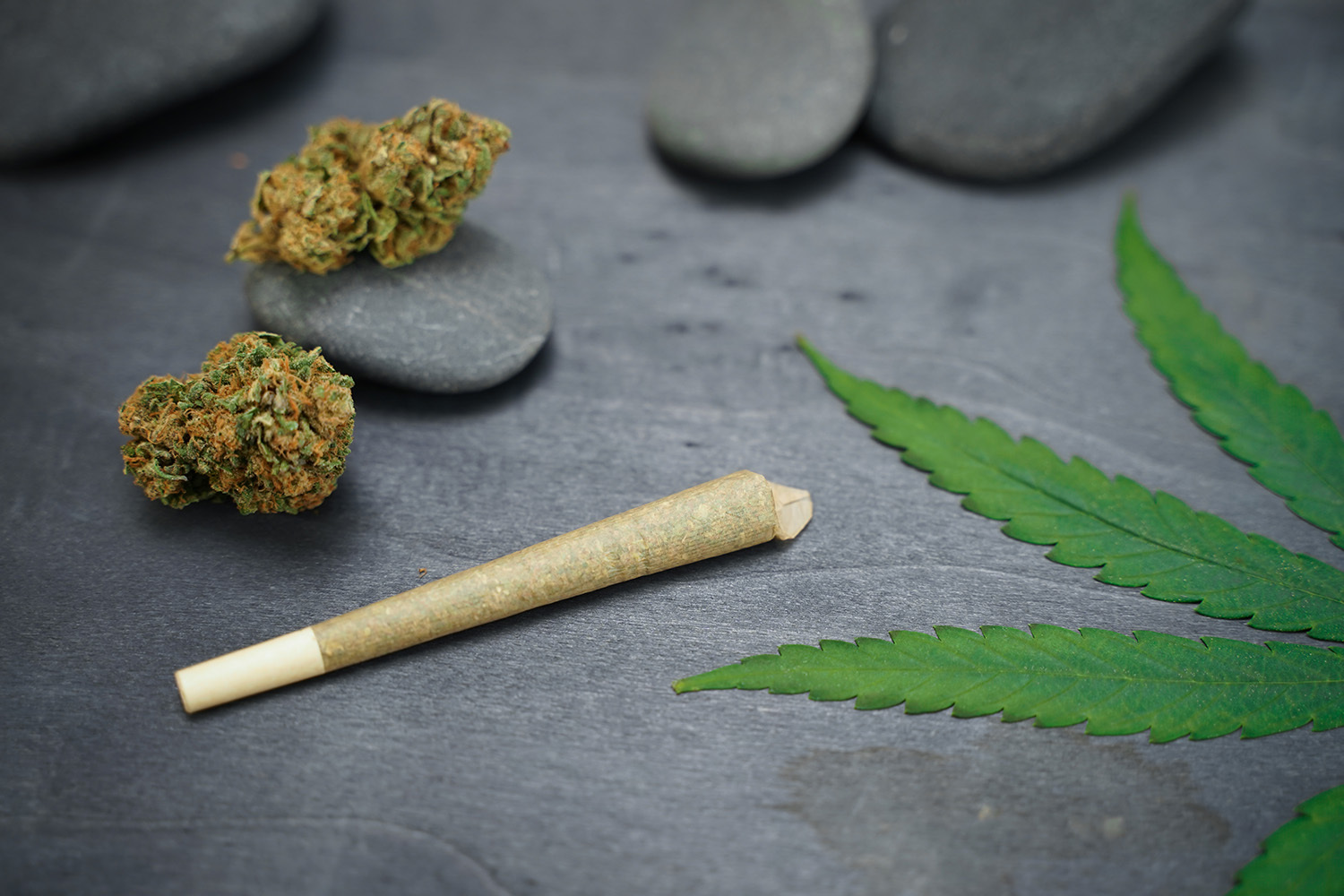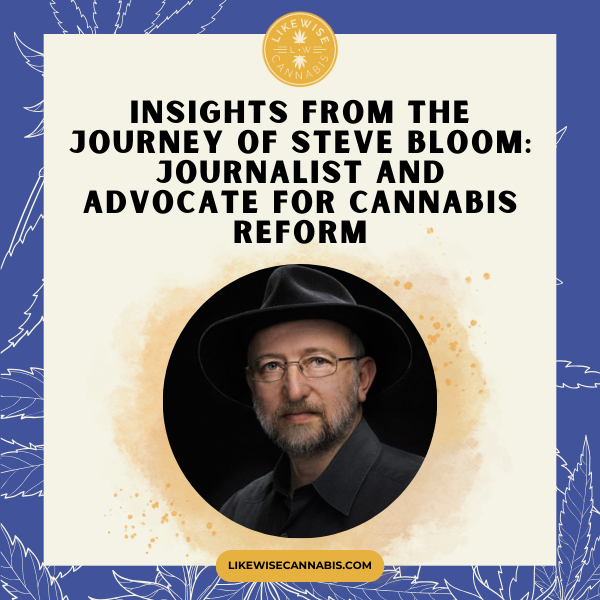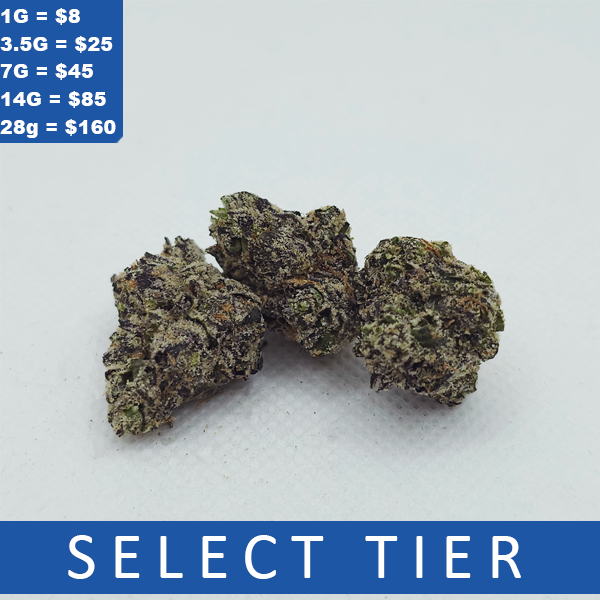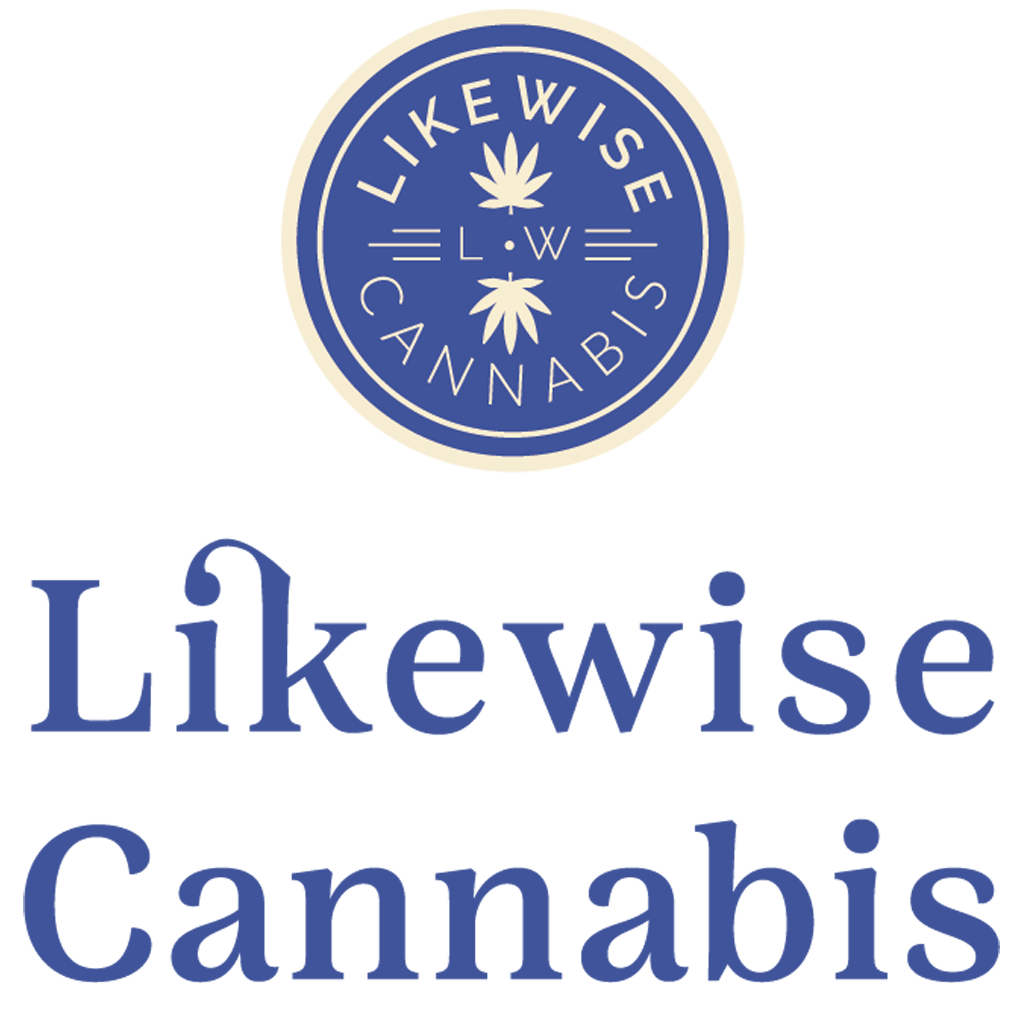Disclaimer: The FDA has not approved cannabis as a medical treatment, cure or product for any illnesses, diseases, etc.. This article is purely speculative and should not be taken as medical advice. Consider it a total work of fan fiction. Please consult your healthcare provider for information and treatment options.
There are many misconceptions and myths about marijuana that have been brought up by the changing legality of cannabis, which has sparked many conversations. Some misconceptions regarding cannabis endure, frequently distorting the facts, even in spite of growing acceptance and scientific breakthroughs. Let’s examine and debunk a few of the most widely held misconceptions about marijuana.
Myth 1: Cannabis is a Gateway Drug
A persistent misconception regarding marijuana is that it acts as a gateway drug, encouraging users to explore with more harmful narcotics. Extensive research, however, disproves this notion. According to the National Institute on Drug Abuse (NIDA), most marijuana users do not go on to use more potent substances. There is insufficient data to support the gateway theory, and individual predispositions and the social environment are more important in determining the course of drug use.
Myth 2: The High Addictiveness of Cannabis
The idea that marijuana is intrinsically addictive is another widespread misperception. Although it is true that some people may become dependent on cannabis, compared to other substances like alcohol, nicotine, or opioids, cannabis has a much lower risk for addiction. Only a small percentage of marijuana users, according to research, may have withdrawal symptoms after they stop using the drug, and these symptoms are usually not as severe as those caused by other addictive substances.
Myth 3: There Is No Therapeutic Use for Cannabis
Because marijuana was once classified as a Schedule I substance with no recognized medicinal purpose, it was stigmatized. However, research has shown that cannabinoids like THC and CBD, which are present in cannabis, have a variety of medicinal uses. Among other illnesses, medical marijuana has demonstrated potential in reducing the symptoms of multiple sclerosis, epilepsy, chronic pain, and chemotherapy side effects. Because medicinal cannabis has been shown to be effective in treating a wide range of conditions, some states and nations have allowed its use.
Myth 4: Usage of Cannabis Causes Cognitive Decline
There is a myth that marijuana usage, particularly in young users, has a detrimental effect on IQ and cognitive function. While prolonged and severe marijuana use throughout adolescents may have an impact on brain development, moderate and responsible marijuana usage in adults does not appear to significantly impair cognitive function over the long run. Cognitive abilities typically return to normal once marijuana usage is stopped, according to research indica.
Myth 5: The Effects of Every Cannabis Strain Are the Same
It’s a common misconception that all cannabis strains, regardless of their genetic composition, have the same effects. Still, a wide range of effects are a result of the diversity of strains. While sativa strains can bring vigor and cerebral stimulation, indica strains might promote calmness and sedation. Furthermore, hybrid strains blend traits from each, offering unique sensations. Every strain has a different profile of terpenes and cannabinoids, which add to its distinctive effects.
Myth 6: The Only Way to Eat Cannabis Is to Smoke It
There’s a common misconception that smoking is the only way to use marijuana. Actually, there are a lot of different ways to consume cannabis on the market. Users have more options besides smoking, such as vaping, edibles, tinctures, topicals, and concentrates. Every technique offers a unique potency, duration of action, and onset time to accommodate a range of medical requirements and preferences.
Myth 7: Higher Crime Rates Follow Legalization
Although there are still worries about how legalizing cannabis may affect crime rates, actual data seems to indicate differently. Research carried out in states and nations where marijuana has been legalized for either medical or recreational purposes has not demonstrated a significant rise in violent or property crimes linked to marijuana legalization. In actuality, legalization frequently causes law enforcement to refocus its efforts on other urgent problems, which lowers the number of arrests related to cannabis.
Myth 8: If medical marijuana is allowed, teen use will increase
Legalization of medical marijuana is frequently opposed on the grounds that it would encourage teen cannabis use. Data from states that have medical marijuana programs, however, defy this theory. Medical marijuana regulation has not increased teen cannabis consumption, according to research indica. Stricter laws have occasionally actually decreased underage use because they limit access.
Myth 9: Since marijuana is a natural substance, it is safe
Not all natural chemicals are considered harmless, and marijuana is no exception. Cannabis is derived from plants, but it’s important to recognize that the effects and potency can differ greatly. Excessive marijuana consumption or ignorance of the plant’s strength can have negative effects, particularly for novice users. Consumption that is educated and done responsibly is still crucial.
Myth 10: Making cannabis legal promotes use by people of all ages
Contrary to popular assumption, legalization does not mean that all age groups will have unrestricted access. Strict laws are put in place by legalized states and nations to guarantee that only adults who are of legal age can acquire cannabis. Strong frameworks include safeguards against underage access, such as age verification, rigid packaging, and sales restrictions. Such policies emphasize responsible consumption and are similar to those governing alcohol and tobacco.
Final Thoughts
It’s critical to debunk rumors and misconceptions about marijuana in order to promote educated debates and sensible use habits. Determining the truth behind these myths enables people to use cannabis responsibly, whether for recreational or medicinal purposes. Dispelling these stereotypes encourages a more realistic knowledge of the advantages and possible risks associated with cannabis, which contributes to a nuanced and informed approach towards its usage and regulation as views and laws change.
Cannabis, another name for marijuana, is becoming more and more well-known for its recreational and medicinal uses. It’s important for newcomers to the cannabis world to comprehend all of its nuances. This in-depth book strives to give a full overview of marijuana, including everything from its components to its legal implications and methods of use.
What Is Cannabis?
Cannabinoids are the most well-known of the several chemical components found in marijuana plants. By interacting with the body’s endocannabinoid system, these cannabinoids affect a number of physiological processes. Tetrahydrocannabinol, or THC, and cannabidiol, or CBD, are the two main cannabinoids, and they each have a unique effect on the properties of the plant.
Marijuana Components
- Tetrahydrocannabinol, or THC: It is this molecule that gives marijuana its euphoric properties. It produces euphoric, calming, and changed perception sensations.
- Cannabidiol, or CBD: Non-psychoactive and well-known for its possible medical uses is CBD. It might reduce inflammation, anxiety, and pain without giving users the typical THC “high.”
- Terpenes: The flavor and aroma of cannabis strains are enhanced by these aromatic chemicals. They may also have therapeutic benefits and have the ability to modify a strain’s overall effects.
Recognizing Different Cannabis Strains
There are many different strains of marijuana, and each has unique qualities and effects. It’s essential to comprehend strain variations in order to select the best strain for your needs:
- Indica: Because of their relaxing qualities, indica strains are frequently picked for their ability to promote relaxation. They might help ease muscle tension or sleeplessness.
- Sativa: More invigorating and uplifting effects are typically produced by sativa strains. They are frequently used during the day to improve concentration and creativity.
- Hybrid: Hybrid strains deliver a combination of benefits by combining traits of both indica and sativa strains. They are able to accommodate many different tastes and requirements.
Various Approaches to Cannabis Consumption
There are several ways to take marijuana, so users can select the ones that work best for them and the outcomes they want to achieve:
- Tobacco use: Using dried cannabis flowers as smoke is the conventional approach. Although it has a quick start and accurate dosage, people with respiratory problems might not be a good fit for it.
- Vaping: By heating cannabis to lower temperatures, vaporizers produce vapor without burning. It’s thought to be a less harmful substitute for smoking.
- Foods to Eat: Gummies, chocolates, and baked goods are just a few examples of the many edibles containing cannabis. Their effects stay longer but have a gradual onset.
- Tinctures: These are cannabis liquid extracts that are typically administered under the tongue for quicker bloodstream absorption.
- Topicals: Directly applied to the skin, cannabis-infused creams, lotions, or balms are frequently used to relieve localized pain or inflammation.
Handling Regulations and Legalities
It is essential to know the legal status of marijuana in your area. State and national laws pertaining to possession, cultivation, and consumption differ greatly. While some areas have stringent controls or outright prohibitions, others have legalized the use of marijuana for both medical and recreational purposes.
To make sure rules are followed, check local laws before consuming or buying marijuana. Before obtaining cannabis for medical use, people must often get a medical marijuana card or authorization from a licensed physician.
Experiencing a Dispensary Visit: A Guide
Here’s what novices might anticipate when they visit a dispensary, whether for medicinal or recreational purposes:
- Advise: Customers can receive assistance and guidance from knowledgeable budtenders. Depending on specific requirements, they can offer information on products, dosages, strains, and ways to consume them.
- Choosing a Product: A vast range of items are available in dispensaries, such as edibles, topicals, extracts, tinctures, and flowers. Novices can experiment with many choices to determine which one best fits them.
- Schooling: Dispensaries frequently offer beginner-friendly educational materials or resources to help them comprehend the advantages and effects of certain goods.
Advice for Novices
Here are some crucial pointers for anyone new to marijuana:
- Get Going Low and Slowly: Start with small dosages and raise them gradually as necessary. This aids in determining your threshold and prevents overpowering impacts.
- Remain Hydrated and Prepare Snacks: Some marijuana users report having a dry mouth and feeling more hungry after using it. Keeping snacks and fluids close at hand can help mitigate these effects.
- Pay Attention to the Set and Setting: The setting in which you use marijuana can have a big effect on how it goes. Select a welcoming and secure environment, particularly if cannabis is new to you.
- Ask for Advice: Never be afraid to ask knowledgeable users for guidance or to ask inquiries at dispensaries. It can be advantageous to learn from the experiences of others.
- Know Your Limits: Recognize the effects and how marijuana affects your body. Being aware of your boundaries guarantees a controlled and enjoyable experience.
Starting a marijuana adventure for the first time can be exhilarating as well as intimidating. It’s essential to comprehend the strains, ingredients, application techniques, legal aspects, and beginner’s advice in order to make wise choices and enjoy yourself. Beginners are encouraged to explore and learn at their own pace, seeking advice and knowledge to navigate this rapidly expanding world of marijuana as the cannabis landscape continues to change. Both novice and seasoned users of marijuana can benefit from its medicinal properties and recreational potential with the correct information and attitude.
casino-palm.com






